It has been an unusually exciting week in Parliament.
The debut speeches on a wide range of topics by new Members of Parliament aside, Prime Minister Lee Hsien Loong gave his take on a key aspect of the President's Address.
PM Lee announced a review of the political system that will have long-term effects on two key areas: the nature of the Elected Presidency, and the representation of the opposition in Parliament.
He also hinted that change would be sought sooner rather than later, with presidential elections to be held by August next year.
Three areas of the Elected Presidency (EP) scheme need to be updated, he told Parliament.
They are: raising the qualifying criteria for presidential hopefuls; strengthening the powers of the Council of Presidential Advisers; and ensuring opportunities for minority candidates to be elected President. A Constitutional Commission - only the second in independent Singapore's history - will be set up to study these areas.
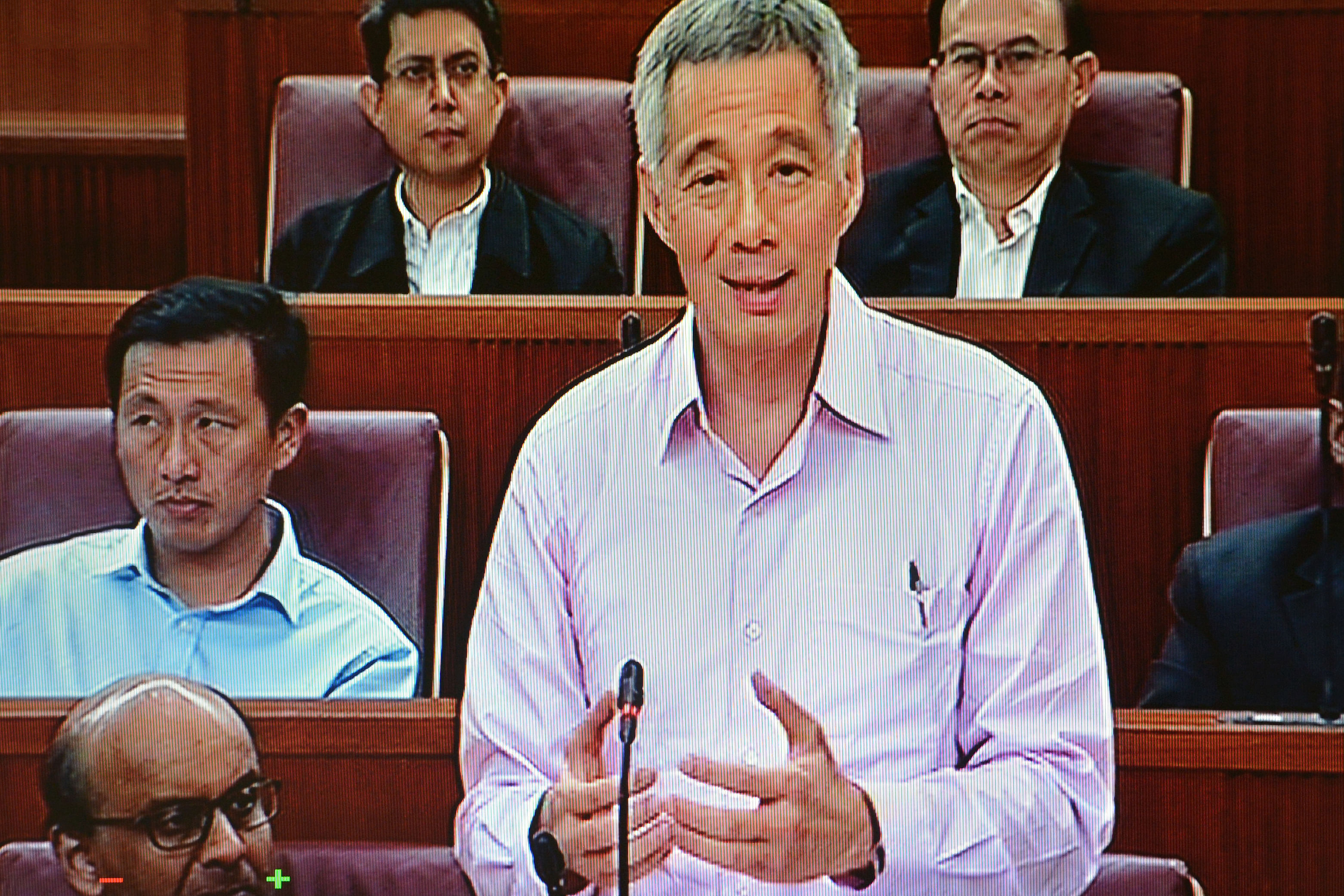
Ahead of it, Insight looks at suggestions from experts and political watchers on what to tweak.
Retired senior minister S. Jayakumar, who as law minister helped draft laws on the EP 25 years ago, tells The Sunday Times he agrees it is time the scheme was updated - and why.
And former president S R Nathan, Singapore's only minority-race President - he is Indian - since the EP began in 1991, says race may always be a factor in an election here.
The other big change on the cards is PM Lee's pledge to increase the number of Non-Constituency Members of Parliament to ensure a minimum of 12 opposition MPs, up from the current nine. But would these changes satisfy the desire for more alternative voices in Parliament? And how might they change the landscape of opposition politics?
Raising the bar for Elected Presidency candidates
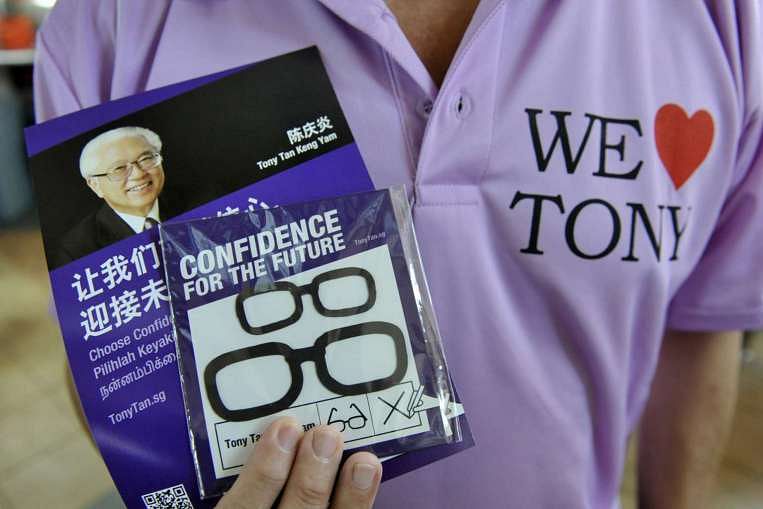
Currently, such a candidate must have served no less than three years as chairman or chief executive of a company with a paid-up capital of at least $100 million, or any other comparable position of seniority.
But that was made law 25 years ago and, as Prime Minister Lee Hsien Loong said last week in Parliament when suggesting a review of the qualifying criteria for candidates, inflation alone makes that $158 million today.
Changes to Elected Presidency: How to give more weight to Council of Presidential Advisers
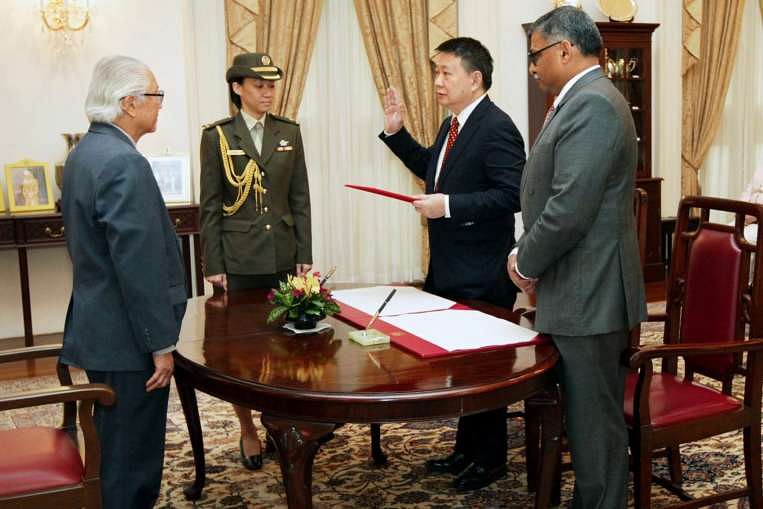
If Singapore's Elected President is the watchman guarding the national reserves and the integrity of the public service, then his watchmen are those that advise him.
These wise men are known as the Council of Presidential Advisers (CPA), whom the President consults with before making certain key decisions within his power. This is by deliberate design.
Changes to Elected Presidency: Ensuring minorities have a turn
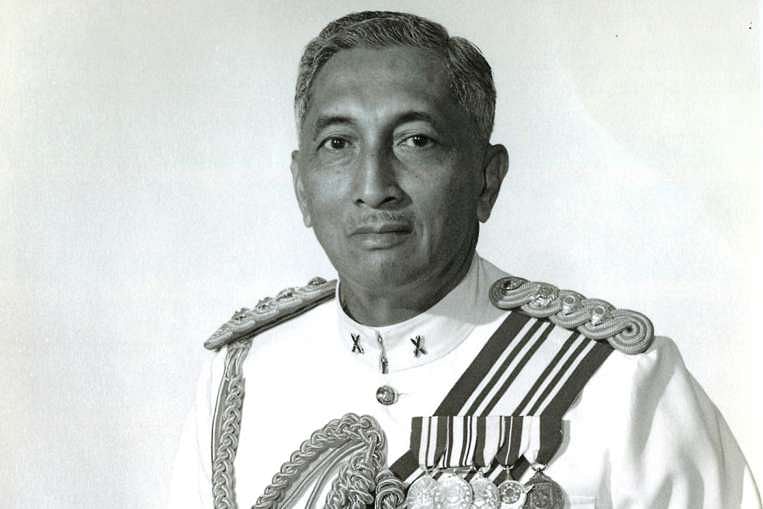
While some note that the intent of the review is laudable, others believe that engineering to have a President of a particular race will reduce the moral authority of the role and perhaps even breed cynicism.
Prime Minister Lee Hsien Loong suggested last week that Singapore should consider a "similar mechanism" to that of the group representation constituency (GRC) system for the Elected Presidency.
Increasing diversity in the House with more NCMPs
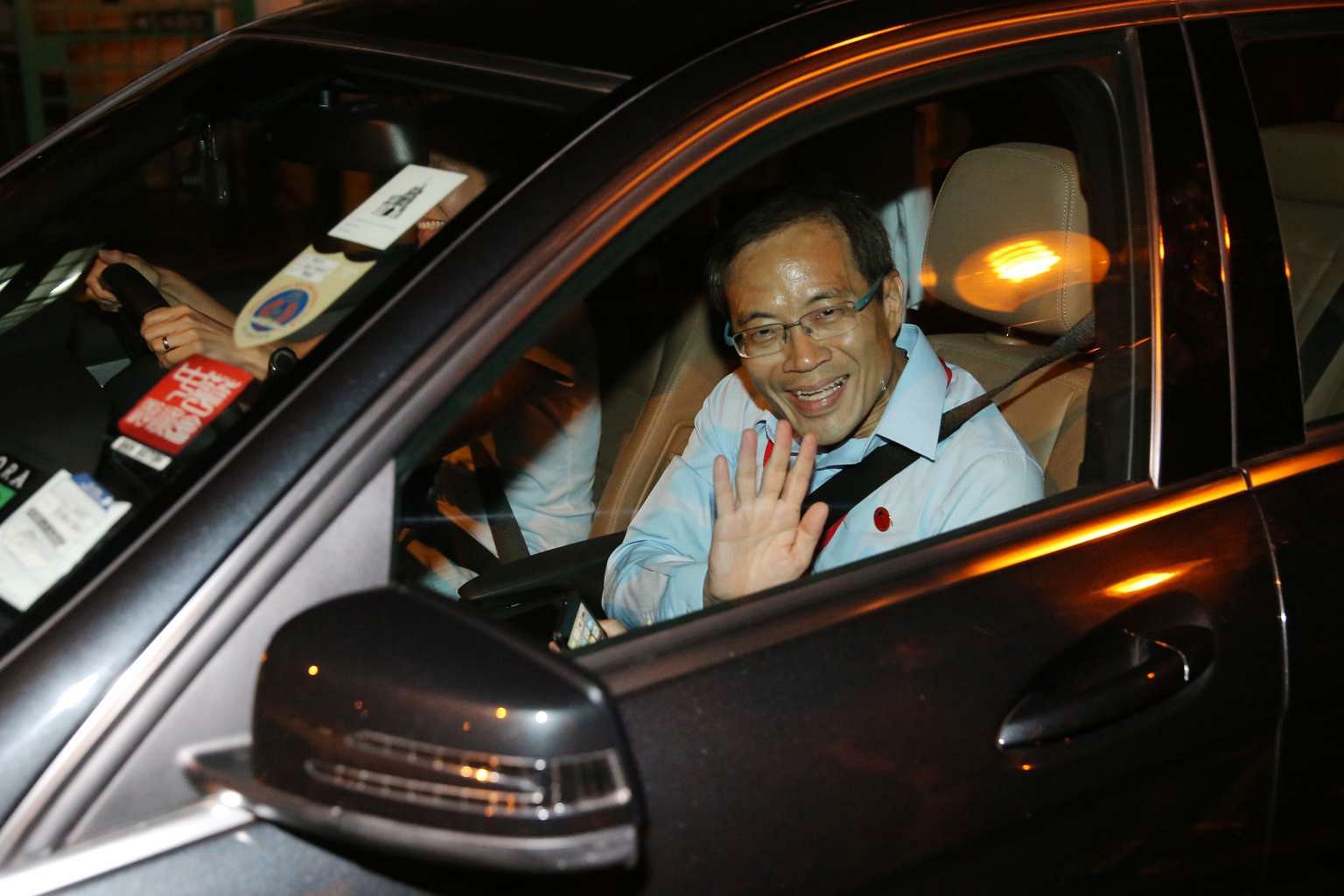
If changes to the Non-Constituency MP (NCMP) scheme were in place in last year's General Election, Singapore would have 12 Workers' Party (WP) parliamentarians today, instead of nine.
Six would have been the people's choice in Aljunied GRC and Hougang. Another three would be the NCMPs as determined by the 2015 polls: Fengshan's Mr Dennis Tan, East Coast GRC's Mr Leon Perera and Punggol East's Ms Lee Li Lian.
That is the number currently allowed for under the Constitution, which provides for nine NCMPs, less the number of opposition MPs elected. Also, there can be no more than two NCMPs from one GRC.
Political changes ahead: Don't be bochap
There is something remarkable about Parliament discussing and devising rules on how its own members are chosen.
At once, it shows how extraordinary its powers are to make legislation that affects its own make-up and the way it operates.
This power to change the rules of the game is especially stark in Singapore which has only one House and no other institutional check apart from an Elected President with limited powers.

